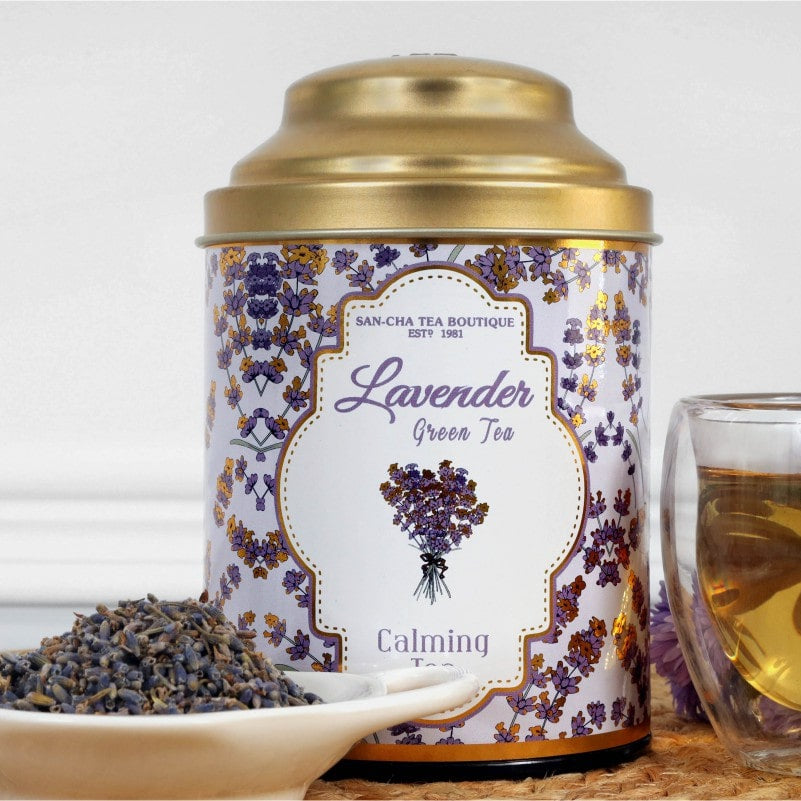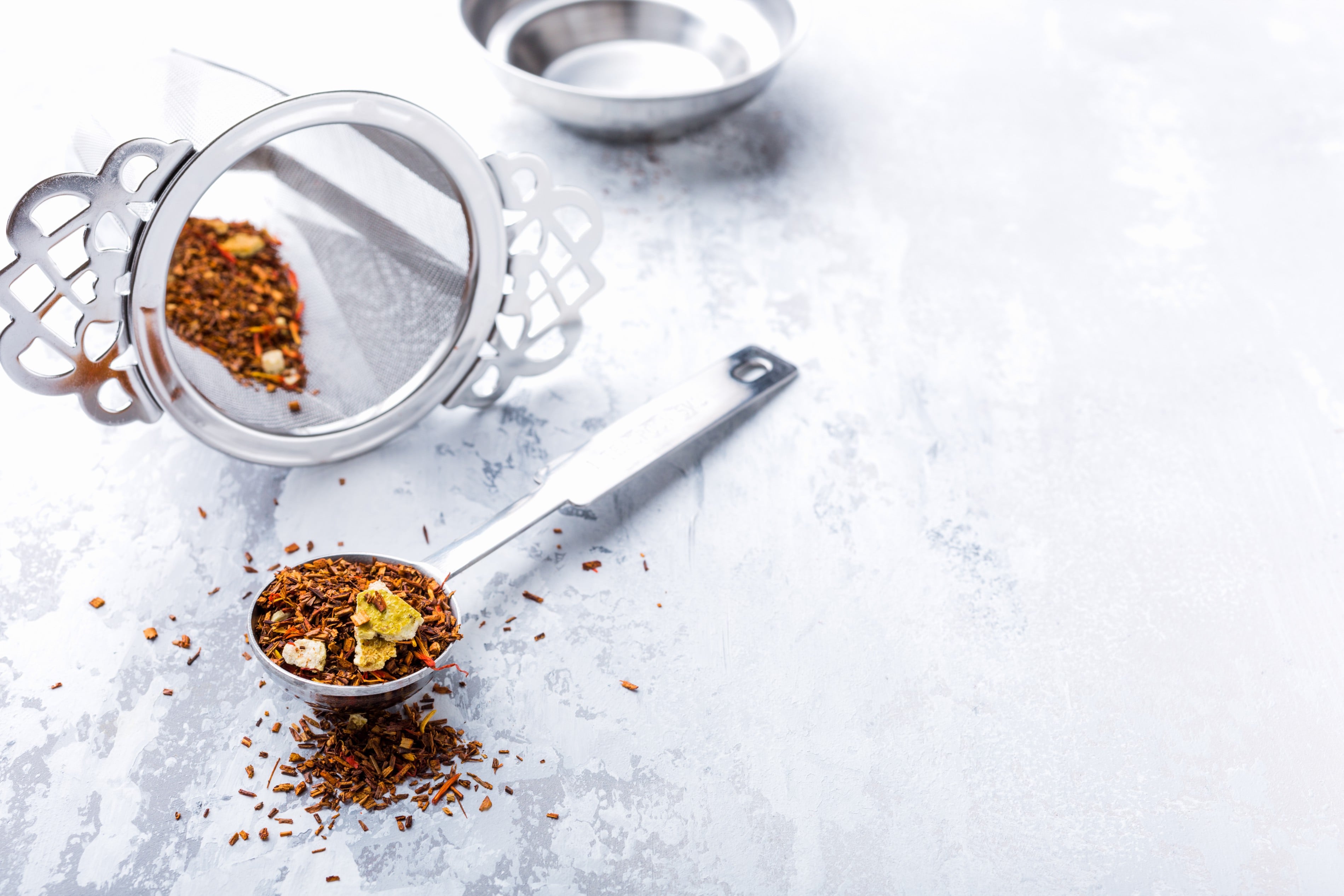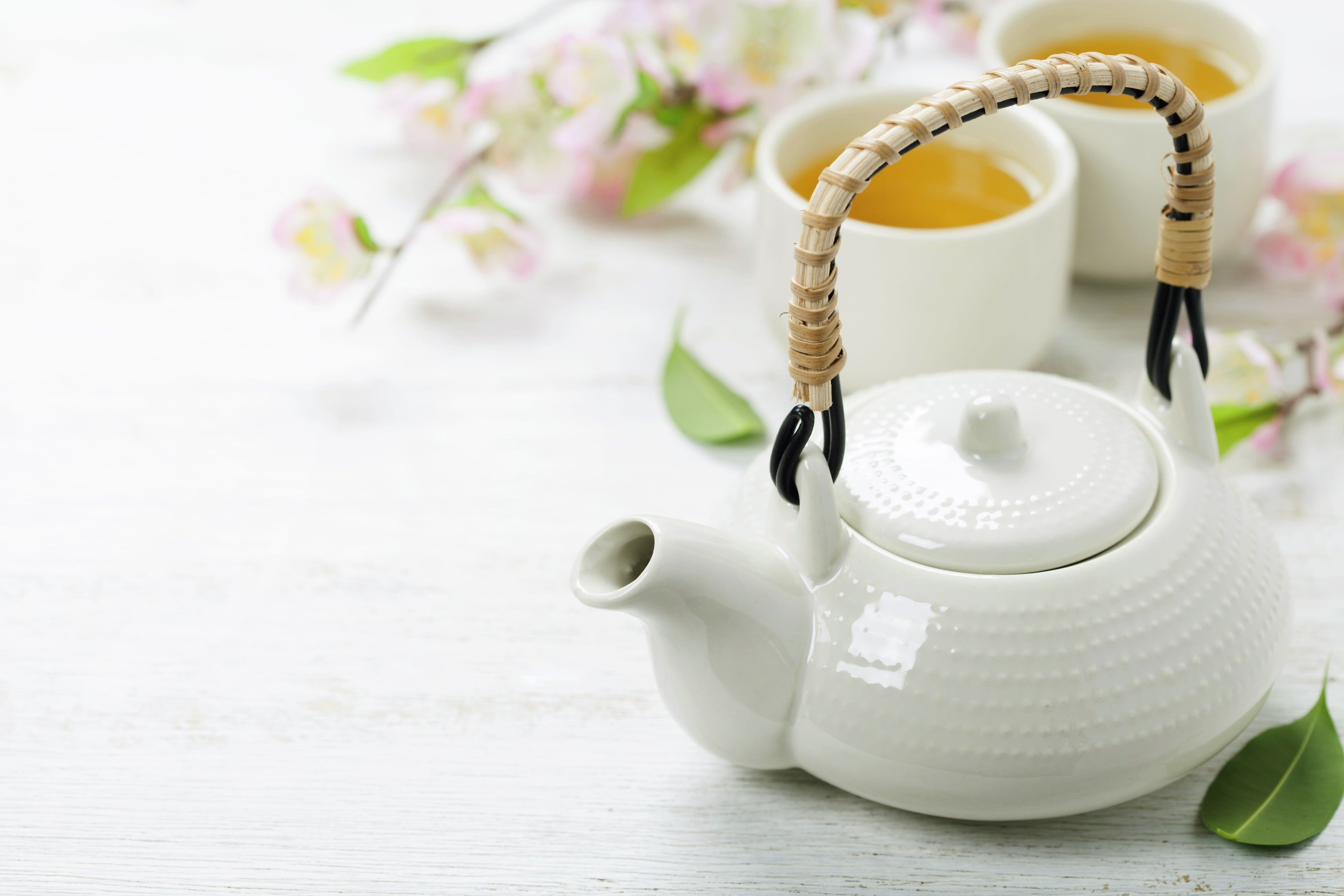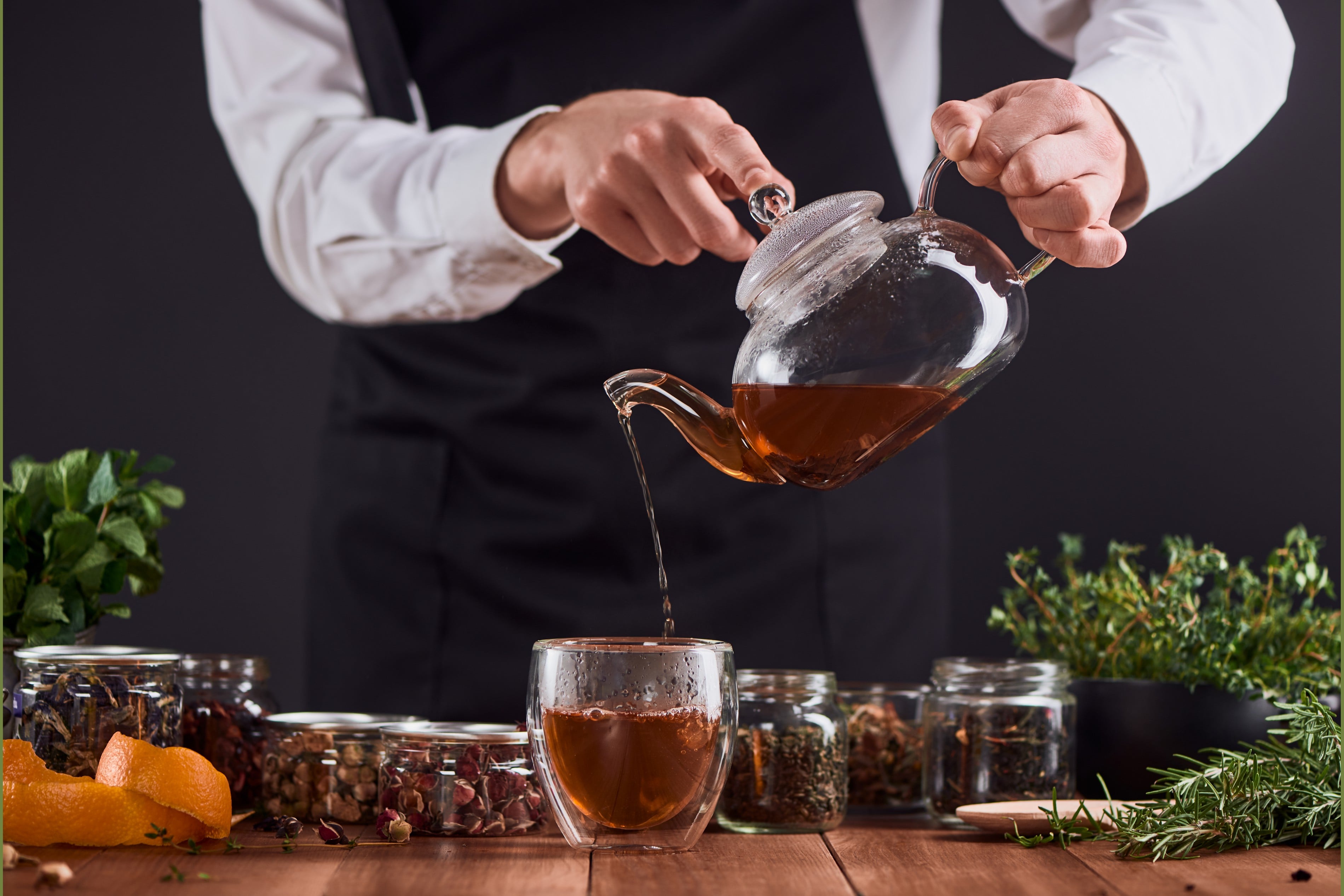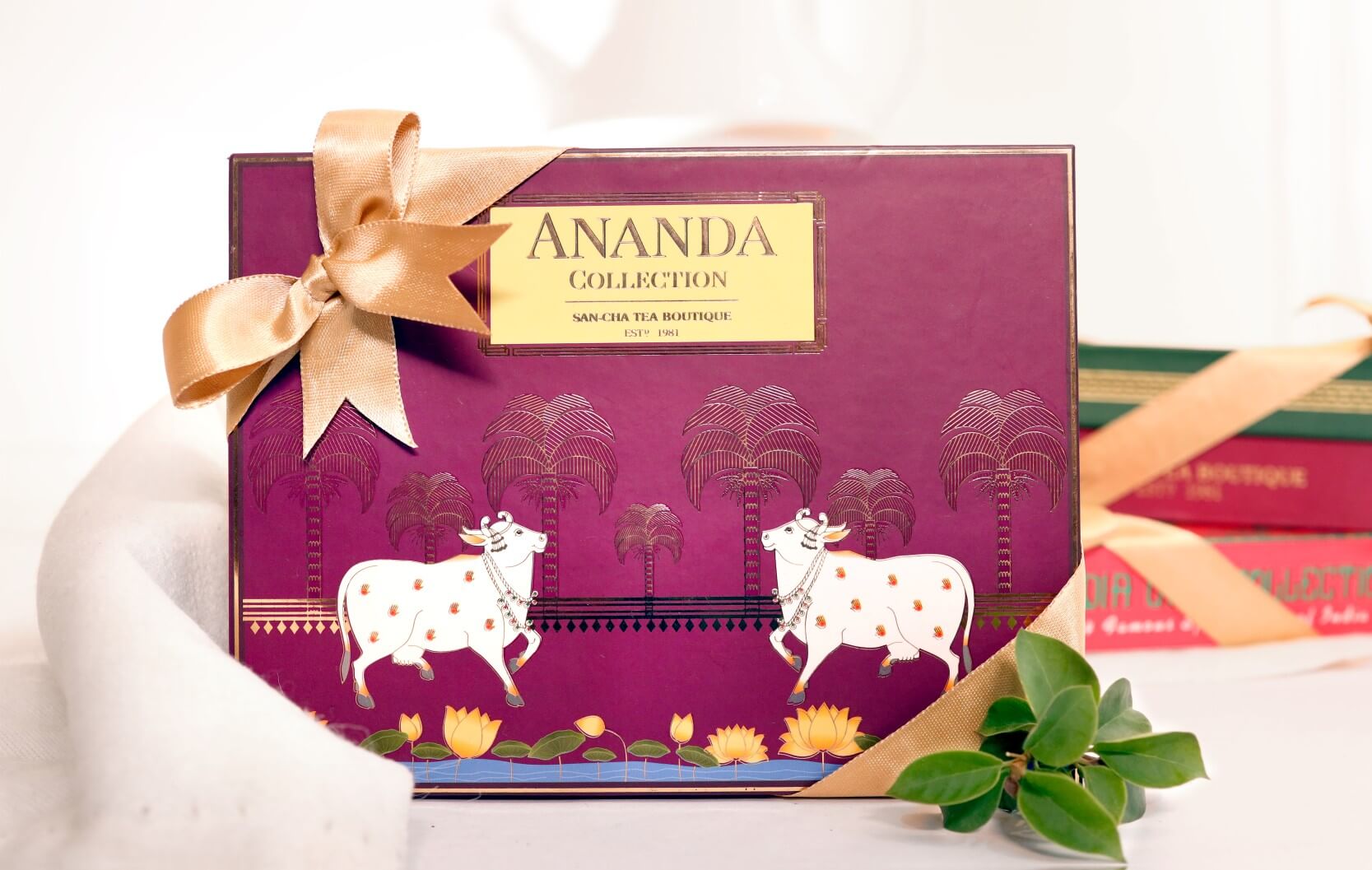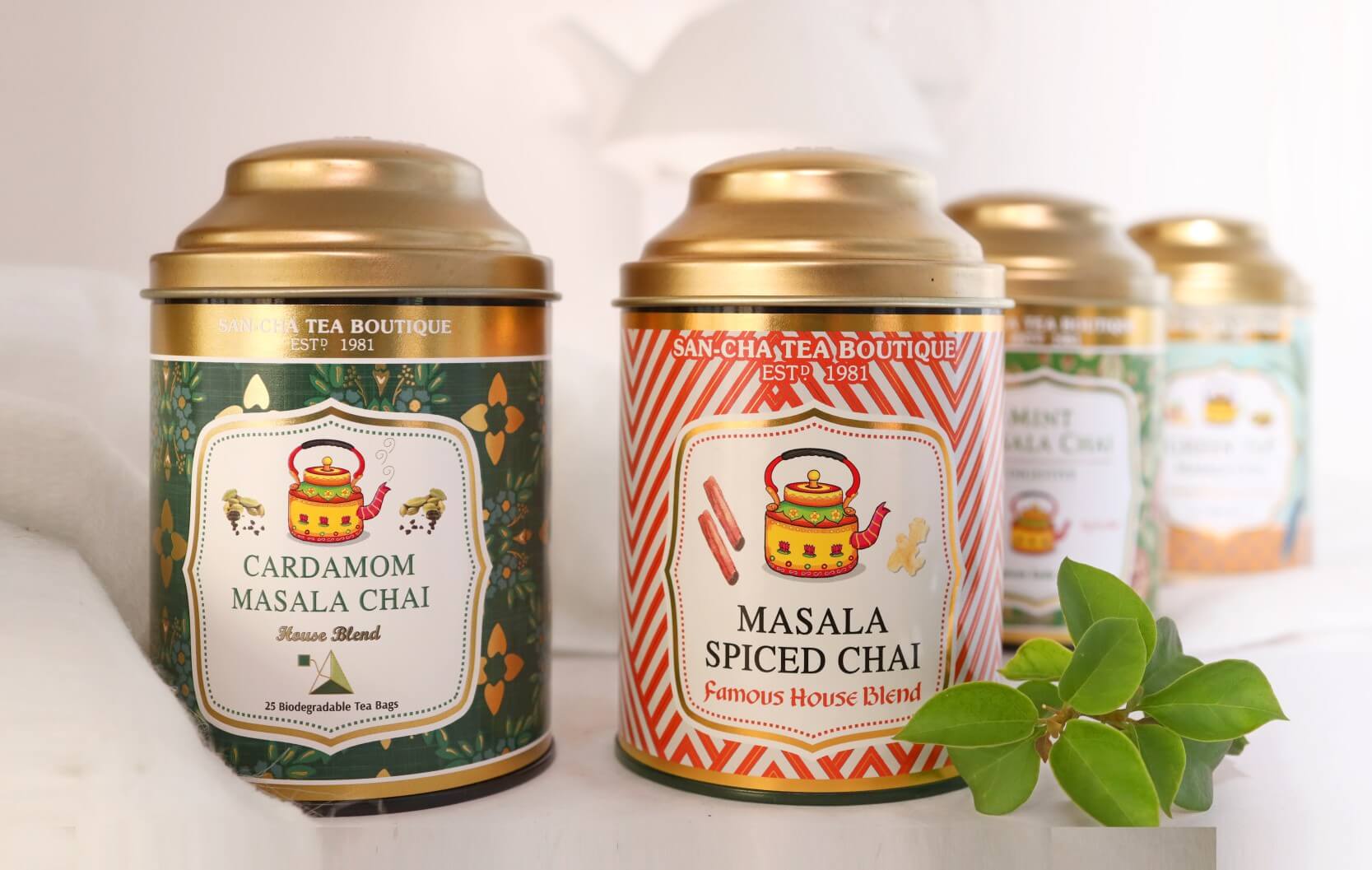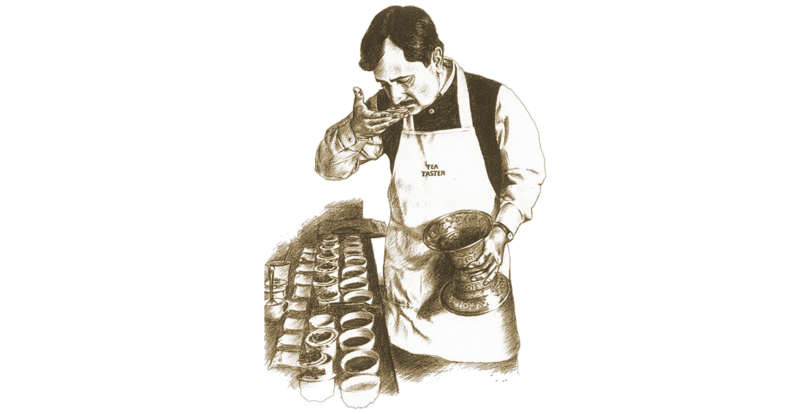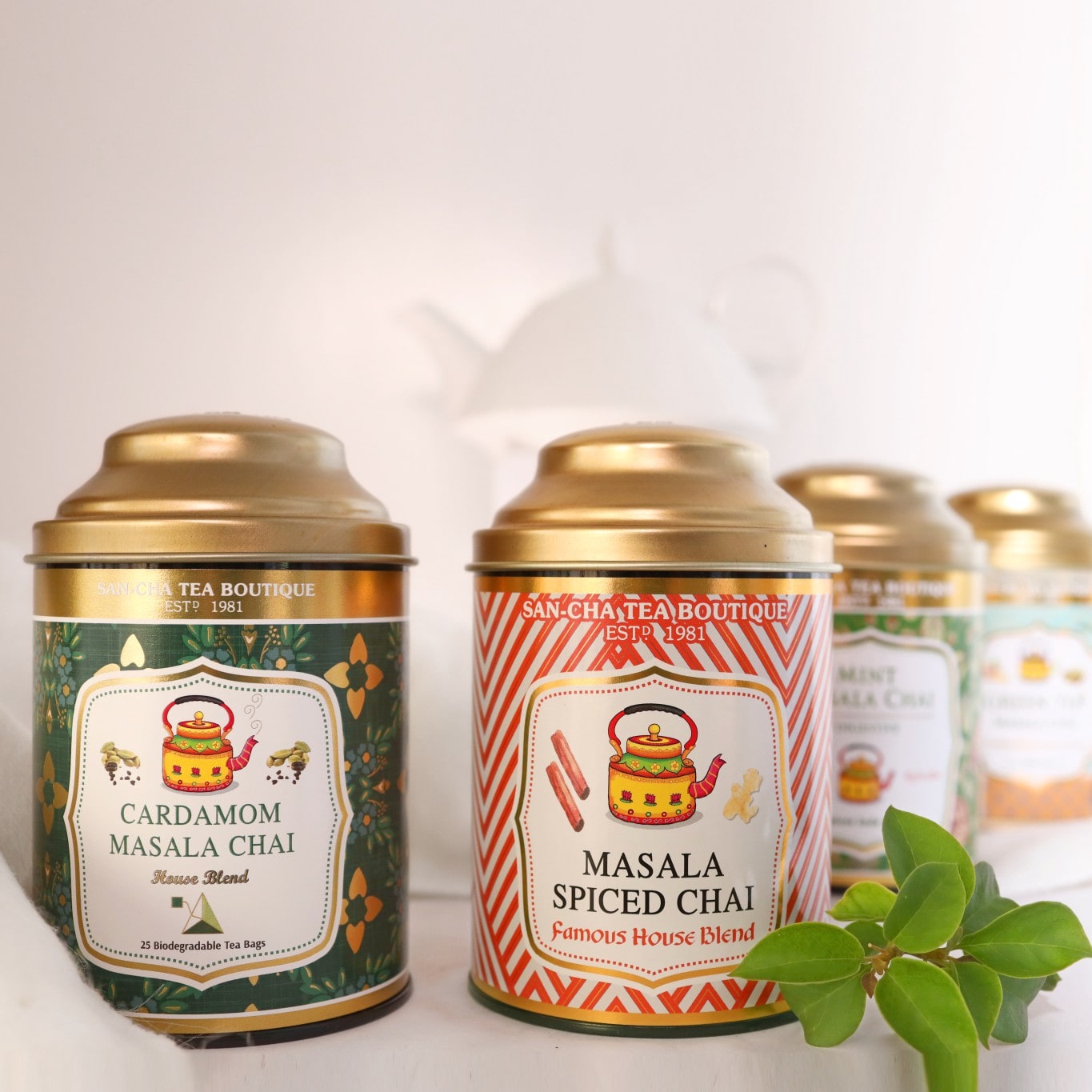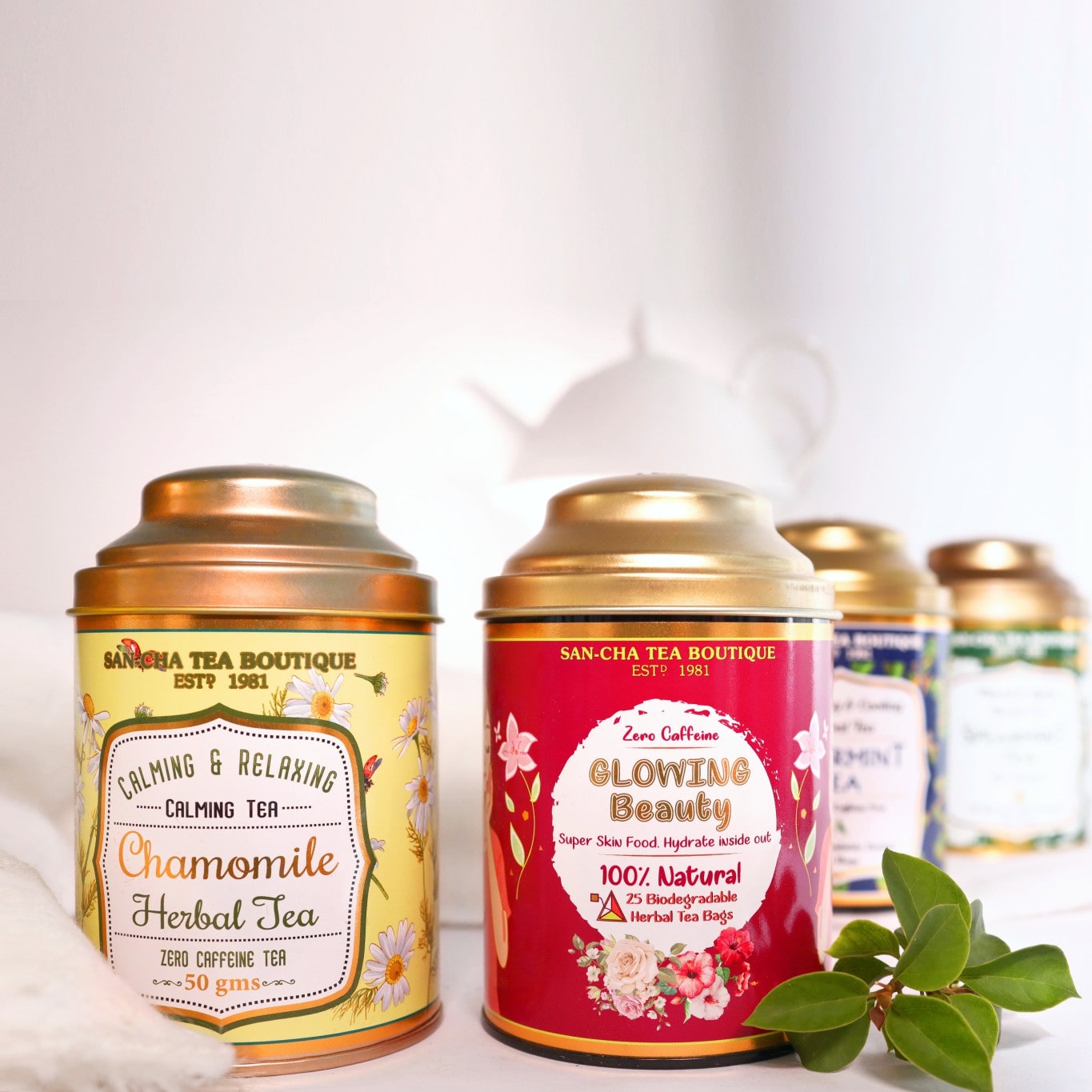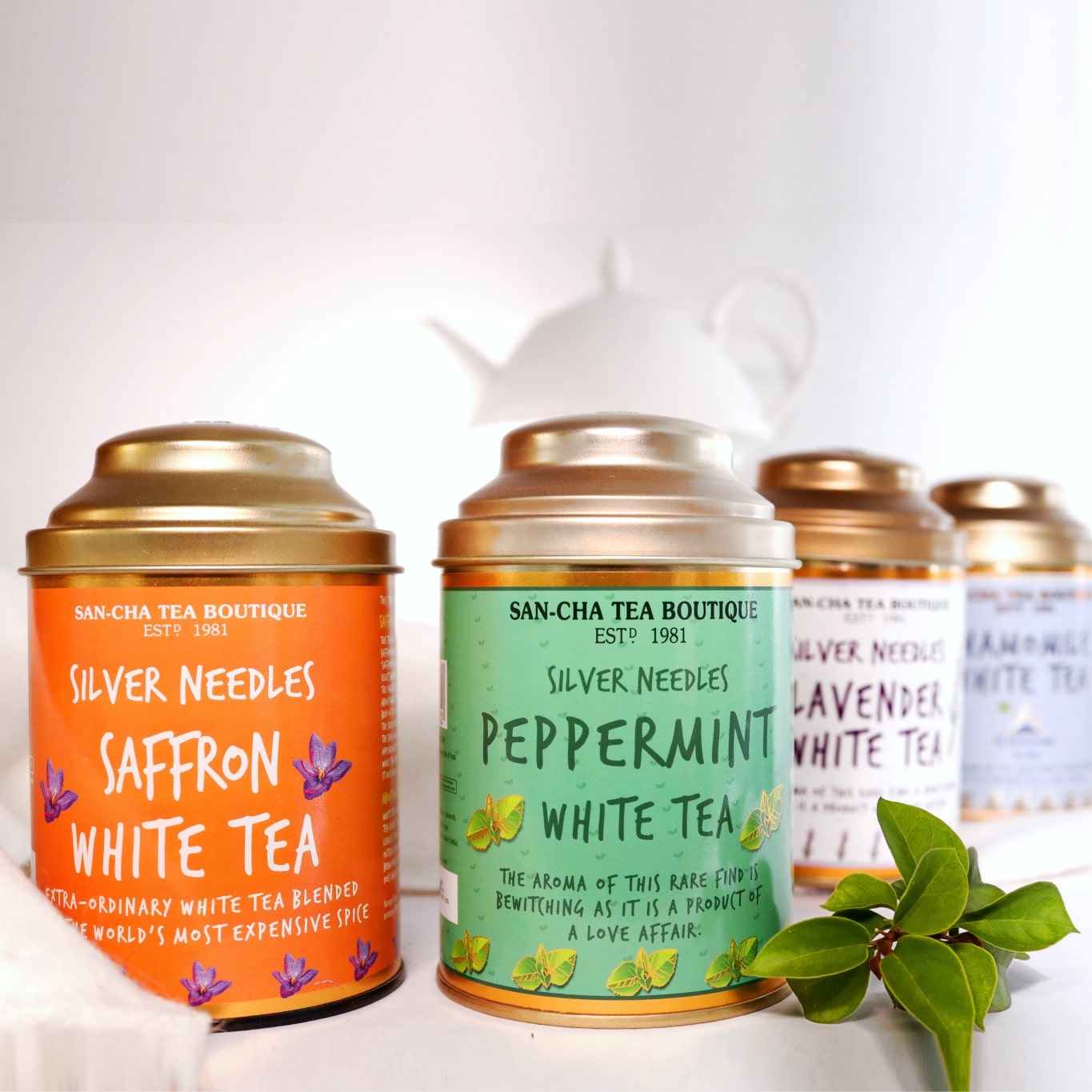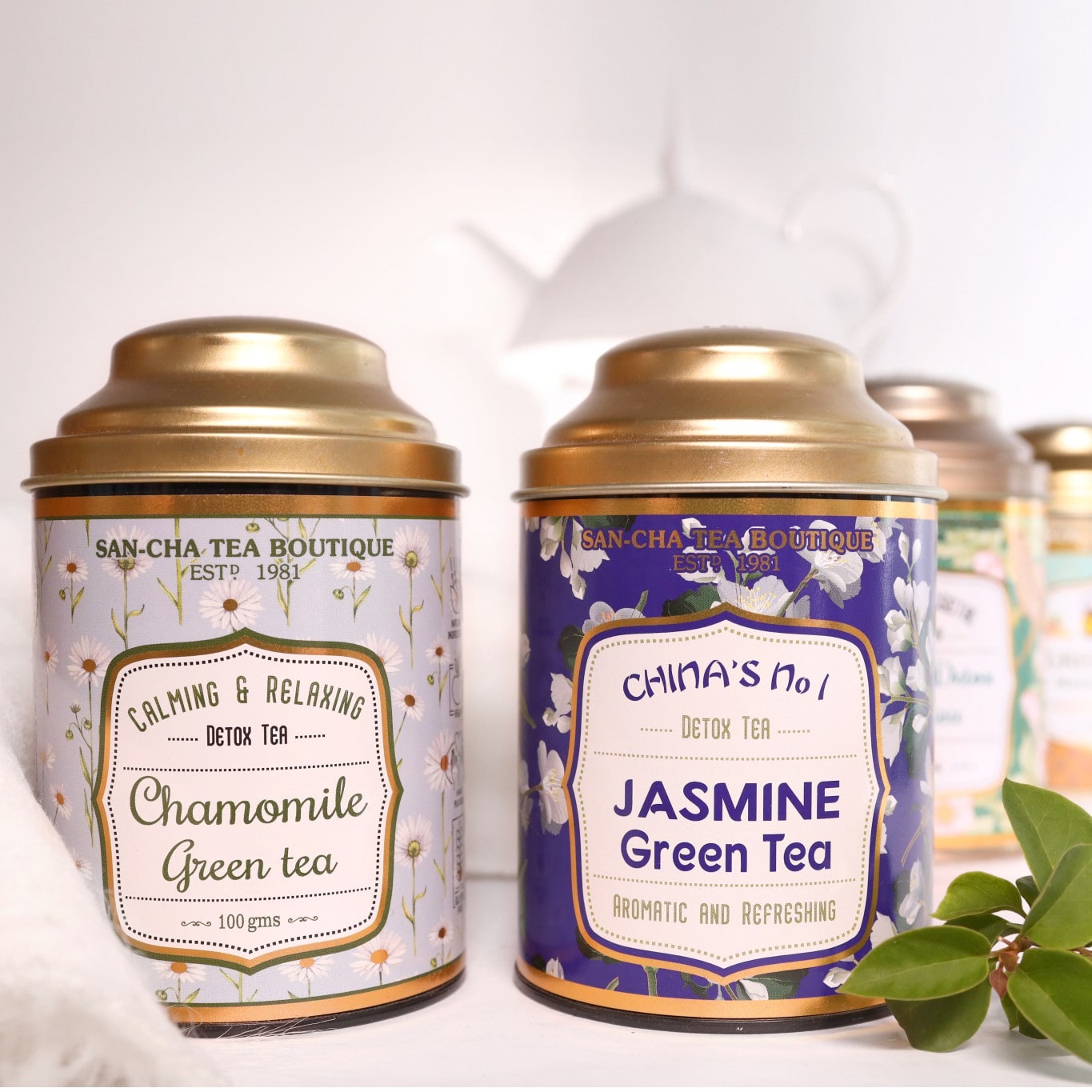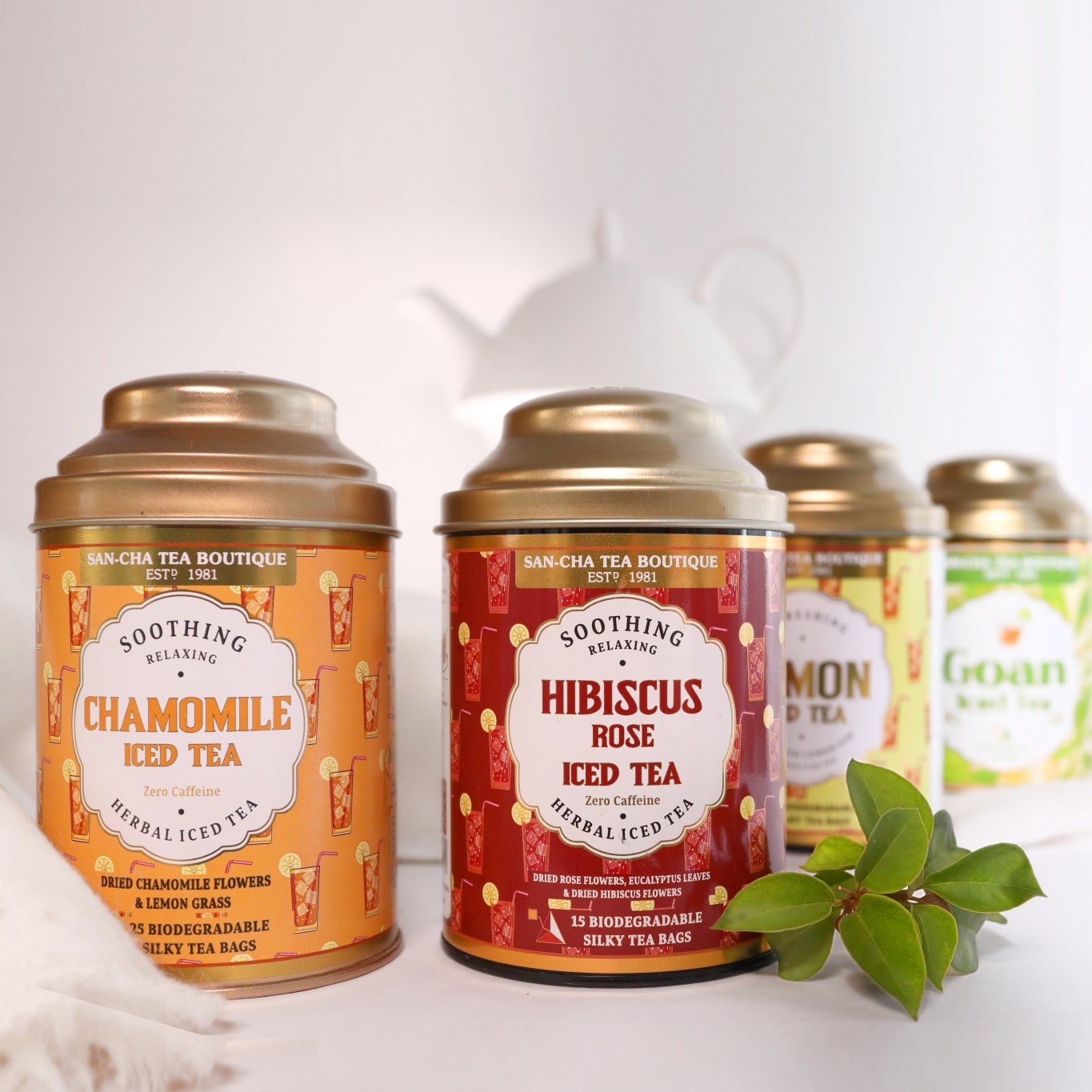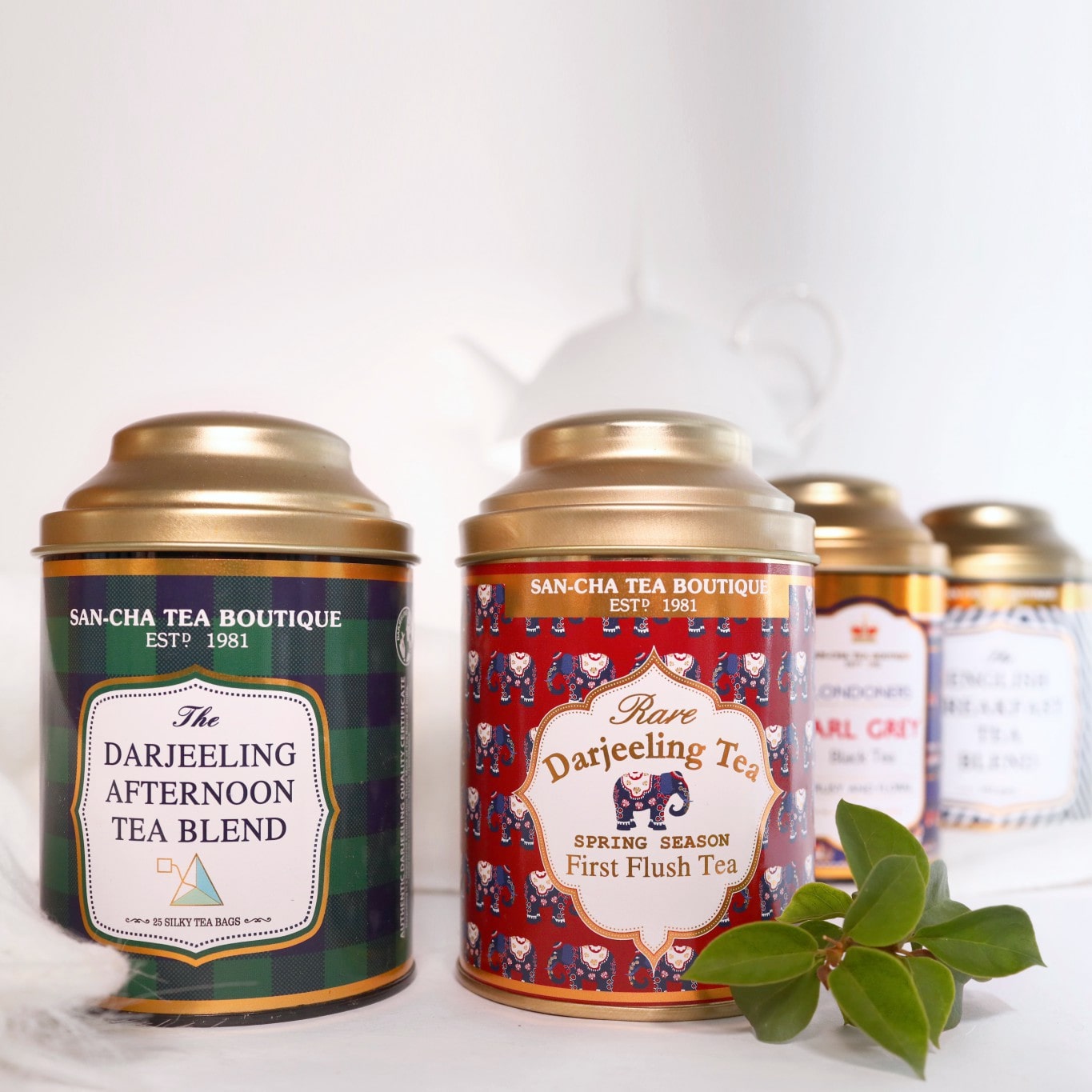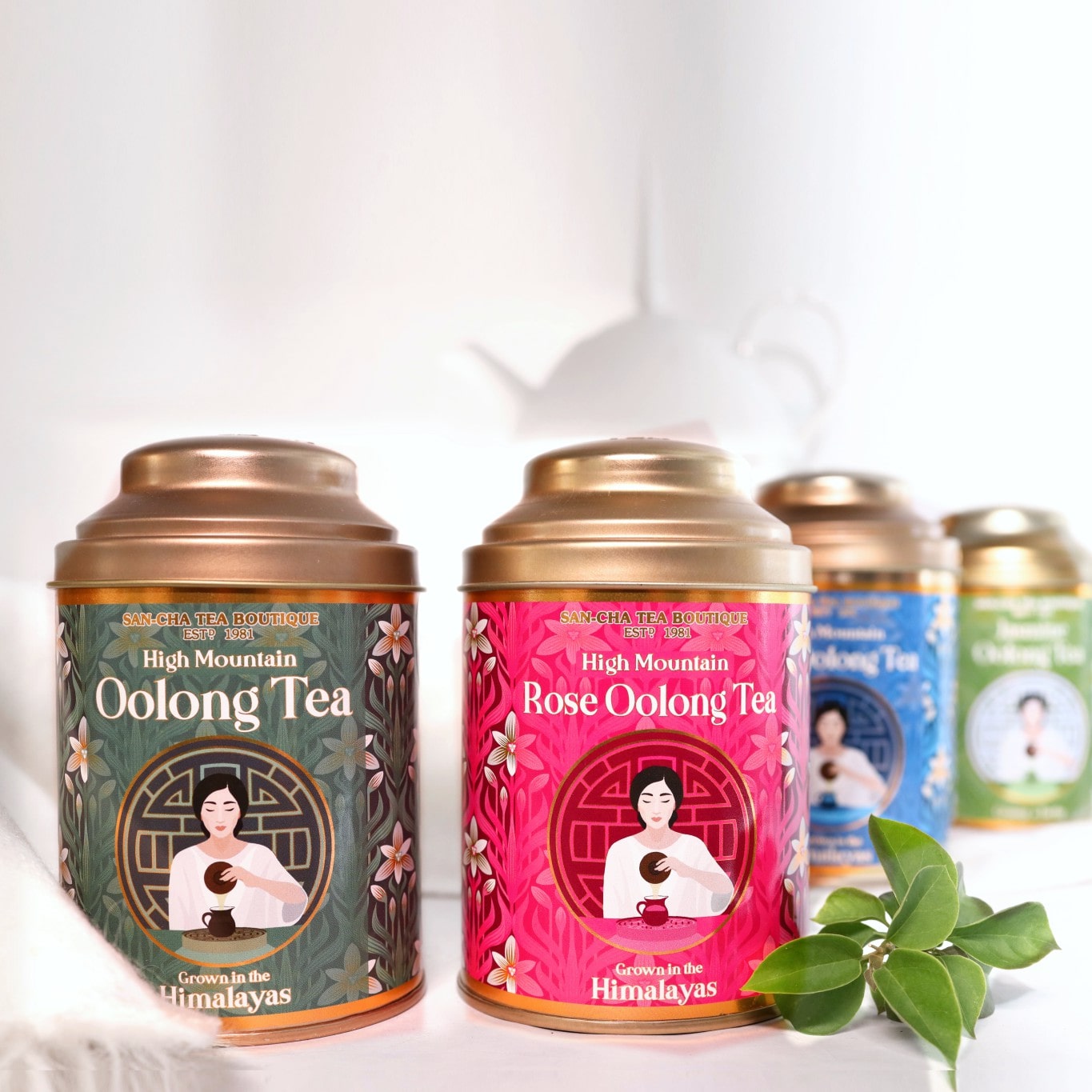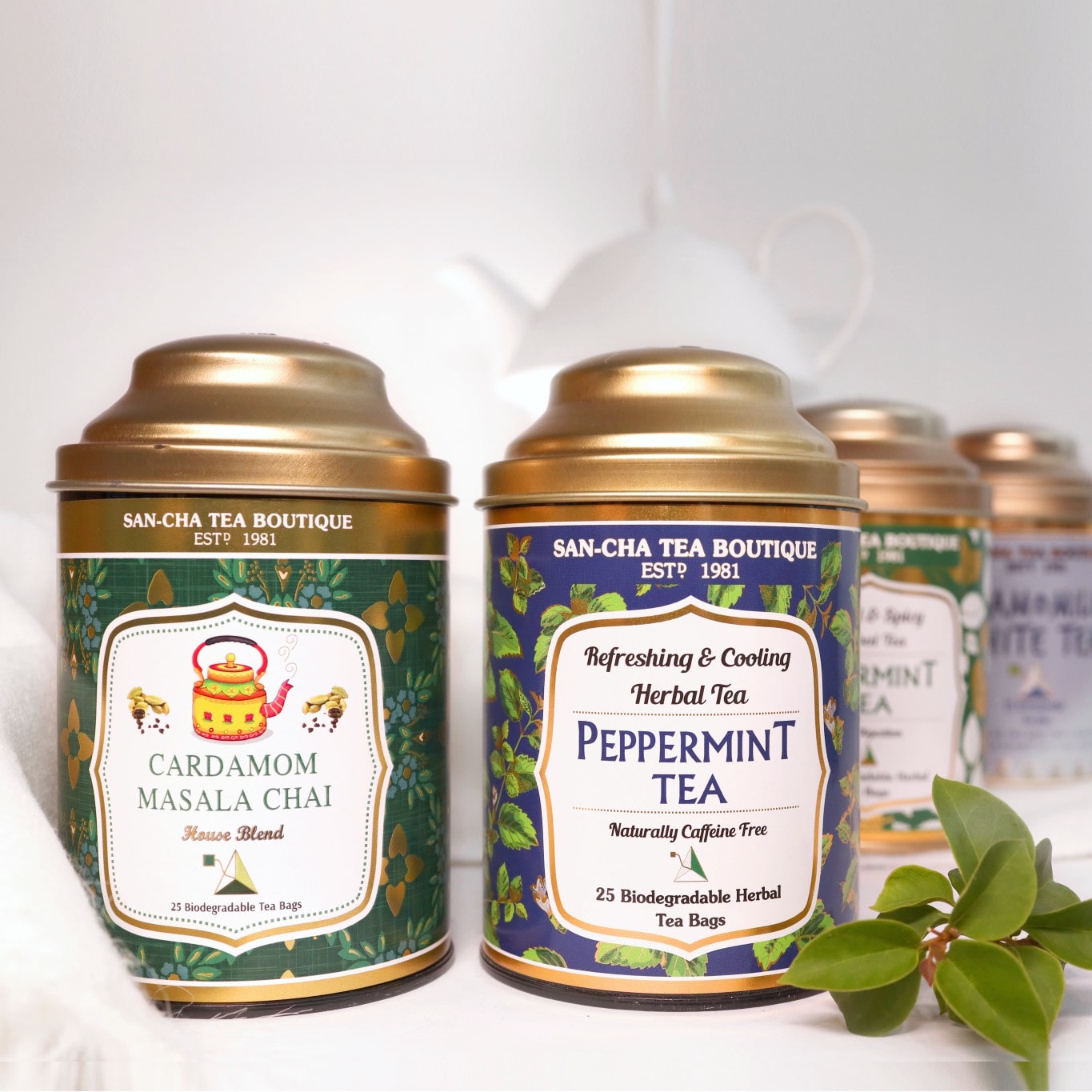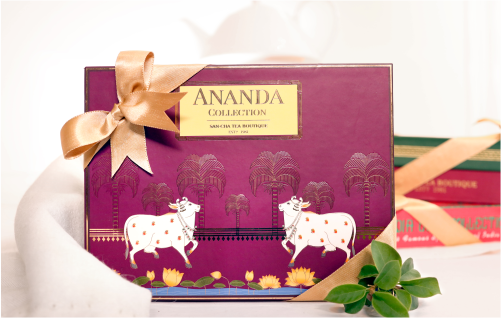Hibiscus tea is an herbal tea that’s made by steeping parts of the hibiscus plant in boiling water.
It has a tart flavor similar to that of cranberries and can be enjoyed both hot and cold.
There are several hundred species of hibiscus varying by the location and climate they grow in, but Hibiscus sabdariffa is most commonly used to make hibiscus tea.
Research has uncovered a range of health benefits linked to drinking hibiscus tea, showing that it may lower blood pressure, fight bacteria and even aid weight loss.
This article reviews 8 benefits of drinking hibiscus tea.
Antioxidants are molecules that help fight compounds called free radicals, which cause damage to your cells.
Hibiscus tea is rich in powerful antioxidants and may therefore help prevent damage and disease caused by the buildup of free radicals.
In one study in rats, hibiscus extract increased the number of antioxidant enzymes and reduced the harmful effects of free radicals by up to 92% (
Another rat study had similar findings, showing that parts of the hibiscus plant, such as the leaves, possess potent antioxidant properties (
However, keep in mind that these were animal studies that used concentrated doses of hibiscus extract. More studies are needed to determine how antioxidants in hibiscus tea may affect humans.
SUMMARYAnimal studies have found that hibiscus extract has antioxidant properties. Additional studies are needed to determine how this may translate to humans.
One of the most impressive and well-known benefits of hibiscus tea is that it may lower blood pressure.
Over time, high blood pressure can place extra strain on the heart and cause it to weaken. High blood pressure is also associated with an increased risk of heart disease (
Several studies have found that hibiscus tea may lower both systolic and diastolic blood pressure.
In one study, 65 people with high blood pressure were given hibiscus tea or a placebo. After six weeks, those who drank hibiscus tea had a significant decrease in systolic blood pressure, compared to the placebo (
Similarly, a 2015 review of five studies found that hibiscus tea decreased both systolic and diastolic blood pressure by an average of 7.58 mmHg and 3.53 mmHg, respectively (
While hibiscus tea may be a safe and natural way to help lower blood pressure, it is not recommended for those taking hydrochlorothiazide, a type of diuretic used to treat high blood pressure, as it may interact with the drug (
SUMMARYSome studies have found that hibiscus tea may lower systolic and diastolic blood pressure. However, it should not be taken with hydrochlorothiazide to prevent an interaction.
In addition to lowering blood pressure, some studies have found that hibiscus tea may help lower blood fat levels, which are another risk factor for heart disease.
In one study, 60 people with diabetes were given either hibiscus tea or black tea. After one month, those who drank hibiscus tea experienced increased “good” HDL cholesterol and decreased total cholesterol, “bad” LDL cholesterol and triglycerides (
Another study in those with metabolic syndrome showed that taking 100 mg of hibiscus extract daily was associated with decreased total cholesterol and increased “good” HDL cholesterol (
However, other studies have produced conflicting results regarding hibiscus tea’s effects on blood cholesterol.
In fact, a review of six studies including 474 participants concluded that hibiscus tea did not significantly reduce blood cholesterol or triglyceride levels (
Furthermore, most studies showing a benefit of hibiscus tea on blood fat levels have been limited to patients with specific conditions like metabolic syndrome and diabetes.
More large-scale studies examining the effects of hibiscus tea on blood cholesterol and triglyceride levels are needed to determine its potential effects on the general population.
SUMMARYSome studies have shown that hibiscus tea may reduce blood cholesterol and triglycerides in those with diabetes and metabolic syndrome. However, other studies have produced conflicting results. More research is needed in the general population.
From producing proteins to secreting bile to breaking down fat, your liver is essential to your overall health.
Interestingly, studies have shown that hibiscus may promote liver health and help keep it working efficiently.
One study in 19 overweight people found that taking hibiscus extract for 12 weeks improved liver steatosis. This condition is characterized by the accumulation of fat in the liver, which can lead to liver failure (
A study in hamsters also demonstrated the liver-protecting properties of hibiscus extract, showing that treatment with hibiscus extract decreased markers of liver damage (
Another animal study reported that giving rats hibiscus extract increased the concentration of several drug-detoxifying enzymes in the liver by up to 65% (
However, these studies all assessed the effects of hibiscus extract, rather than hibiscus tea. Further research is needed to know how hibiscus tea affects liver health in humans.
SUMMARYHuman and animal studies have found that hibiscus extract may benefit liver health by increasing drug-detoxifying enzymes and reducing liver damage and fatty liver.
Several studies suggest that hibiscus tea may be associated with weight loss and protect against obesity.
One study gave 36 overweight participants either hibiscus extract or a placebo. After 12 weeks, hibiscus extract reduced body weight, body fat, body mass index and hip-to-waist ratio (
An animal study had similar findings, reporting that giving obese mice hibiscus extract for 60 days led to a reduction in body weight (
Current research is limited to studies using concentrated doses of hibiscus extract. More studies are needed to determine how hibiscus tea may influence weight loss in humans.
SUMMARYA few human and animal studies have associated the consumption of hibiscus extract with decreased body weight and body fat, but more research is needed.
Hibiscus is high in polyphenols, which are compounds that have been shown to possess powerful anti-cancer properties (
Test-tube studies have found impressive results regarding the potential effect of hibiscus extract on cancer cells.
In one test-tube study, hibiscus extract impaired cell growth and reduced the invasiveness of mouth and plasma cell cancers (
Another test-tube study reported that hibiscus leaf extract prevented human prostate cancer cells from spreading (
Hibiscus extract has also been shown to inhibit stomach cancer cells by up to 52% in other test-tube studies (
Keep in mind that these were test-tube studies using high amounts of hibiscus extract. Research in humans is needed to evaluate the effect of hibiscus tea on cancer.
SUMMARYTest-tube studies have found that hibiscus extract reduces the growth and spread of plasma, mouth, prostate and stomach cancer cells. Human studies are needed to evaluate the effect of hibiscus tea.
Bacteria are single-celled microorganisms that can cause a variety of infections, ranging from bronchitis to pneumonia to urinary tract infections.
In addition to having antioxidant and anticancer properties, some test-tube studies have found that hibiscus could help fight bacterial infections.
In fact, one test-tube study found that hibiscus extract inhibited the activity of E. coli, a strain of bacteria that can cause symptoms like cramping, gas and diarrhea (
Another test-tube study showed that the extract fought eight strains of bacteria and was as effective as some medications used to treat bacterial infections (
However, no human studies have looked at the antibacterial effects of hibiscus tea, so it is still unclear how these results may translate to humans.
SUMMARYTest-tube studies have found that hibiscus extract could fight certain strains of bacteria. More research is needed to determine how hibiscus tea may affect bacterial infections in humans.
Aside from its multitude of possible health benefits, hibiscus tea is delicious and easy to prepare at home.
Simply add dried hibiscus flowers to a teapot and pour boiling water over them. Let it steep for five minutes, then strain, sweeten it if desired and enjoy.
Hibiscus tea can be consumed hot or cold and has a tart taste similar to that of cranberries.
For this reason, it is often sweetened with honey or flavored with a squeeze of lime juice to balance the tartness.
Dried hibiscus can be purchased at your local health food store or online. Hibiscus tea is also available in pre-made tea bags, which can simply be steeped in hot water, removed and enjoyed.
SUMMARYHibiscus tea can be made by steeping hibiscus flowers in boiling water for five minutes. It can be consumed hot or cold and has a tart taste that is often sweetened with honey or flavored with lime.
Hibiscus tea is a type of herbal tea associated with many health benefits.
It also has a delicious, tart flavor and can be made and enjoyed from the comfort of your own kitchen.
Animal and test-tube studies have indicated that hibiscus may aid weight loss, improve heart and liver health and even help fight cancer and bacteria.
However, most of the current research is limited to test-tube and animal studies using high amounts of hibiscus extract. More studies are needed to determine how these benefits may apply to humans who drink hibiscus tea.

